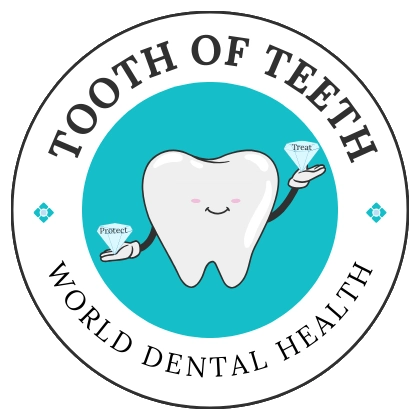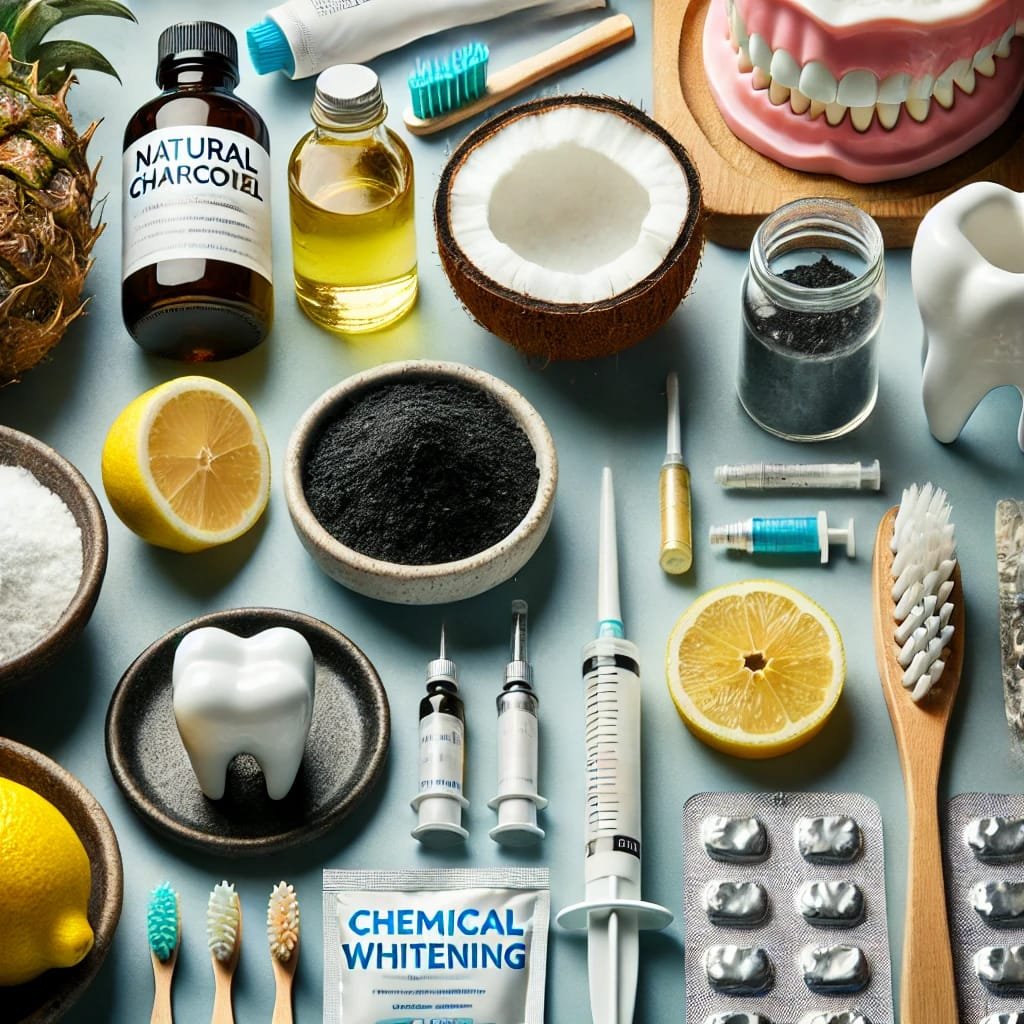Introduction:
Caring for oral health is an essential part of daily life. To maintain strong teeth and healthy gums, choosing the right products is key. There are various dental care products on the market that cater to different needs such as cleaning, whitening, and gum health. In this article, we’ll review the most important dental care products and how to use them effectively.
Toothbrush: The First and Most Important Tool for Oral Hygiene
1.1 Types of Toothbrushes
A manual toothbrush is a common and easy-to-use option, but electric or sonic toothbrushes have proven to be more effective at removing plaque. Additionally, there are toothbrushes specifically designed for people with sensitive gums or teeth.
1.2 How to Choose the Ideal Toothbrush
Size: It should fit comfortably in your mouth.
Bristles: Soft bristles are gentler on the gums.
Replacement Frequency: It is recommended to replace your toothbrush every 3-4 months.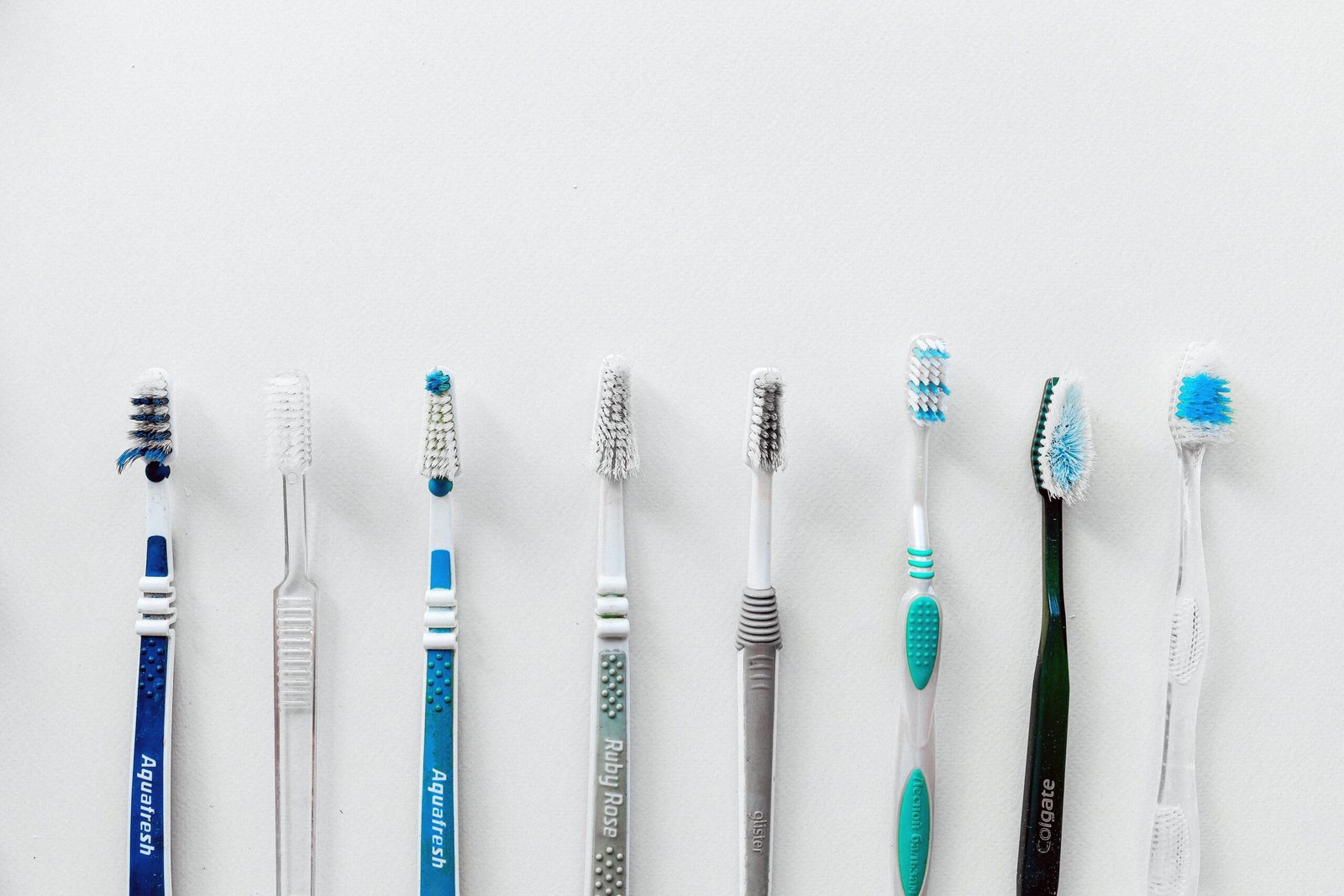
1.3 Proper Brushing Techniques
Teeth should be brushed at a 45-degree angle, positioning the toothbrush on the last third of the gums, and moving it gently to remove plaque and bacteria without harming the gums.
Toothpaste: Different Types and Their Benefits

2.1 Fluoride Toothpaste
Fluoride is effective in strengthening tooth enamel and preventing cavities, but it’s important to use the recommended amount. A fluoride toothpaste should be part of your daily routine.
2.2 Whitening Toothpaste
Dentists recommend using whitening toothpaste in moderation and alternating it with regular toothpaste. Excessive use can harm the teeth, so visiting a dentist for safe and effective results is advisable.
2.3 Toothpaste for Sensitivity
This type of toothpaste soothes the nerve and reduces sensitivity to hot or cold foods.
Mouthwash: An Additional Boost for Oral Health
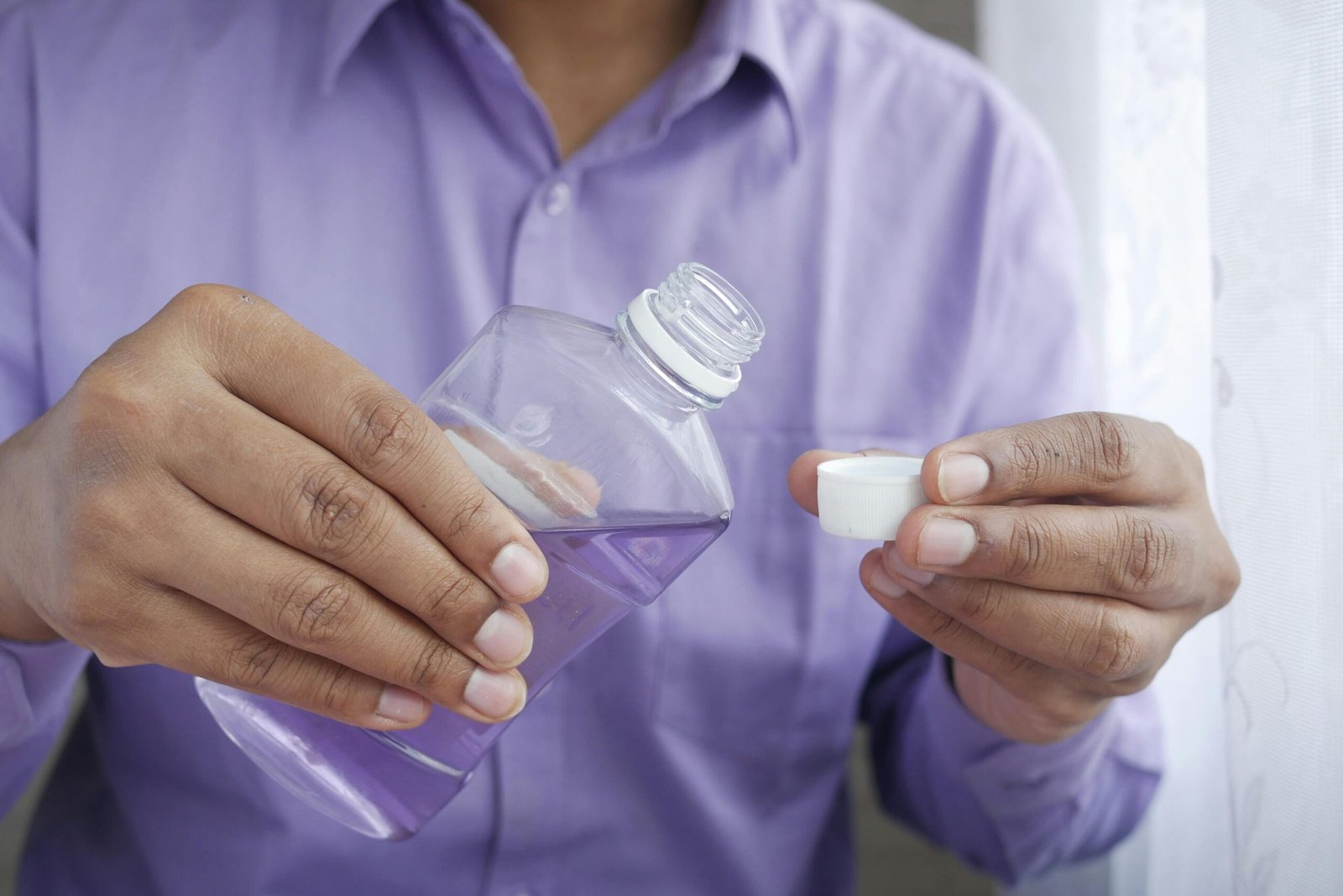
3.1 Types of Mouthwash
Antiseptic Mouthwash: Contains antibacterial agents that help reduce inflammation and prevent gum disease.
Whitening Mouthwash: Helps remove stains and whiten teeth. It’s best to use it under medical supervision to avoid side effects.
Saltwater Rinse: Using warm saltwater is a natural and effective home remedy. It helps maintain gum health and relieves inflammation and pain.
3.2 Benefits of Using Mouthwash
Mouthwash is a great addition to your oral care routine, helping to reduce plaque and bacteria.
3.3 How to Use Mouthwash Correctly
Use mouthwash after brushing your teeth, rinsing for at least 30 seconds to achieve the best results.
Dental Floss: Completing the Job Between Teeth

4.1 Importance of Using Dental Floss
Although toothbrushes are effective, they can’t reach all areas between the teeth. Dental floss helps clean those spaces.
4.2 Types of Dental Floss
Traditional floss and water flossers are available, offering more advanced cleaning solutions for those who prefer them.
4.3 How to Use Dental Floss Correctly
Floss should be gently inserted between the teeth, avoiding pressure to prevent gum damage.
Gum Care Products: Enhancing Overall Oral Health
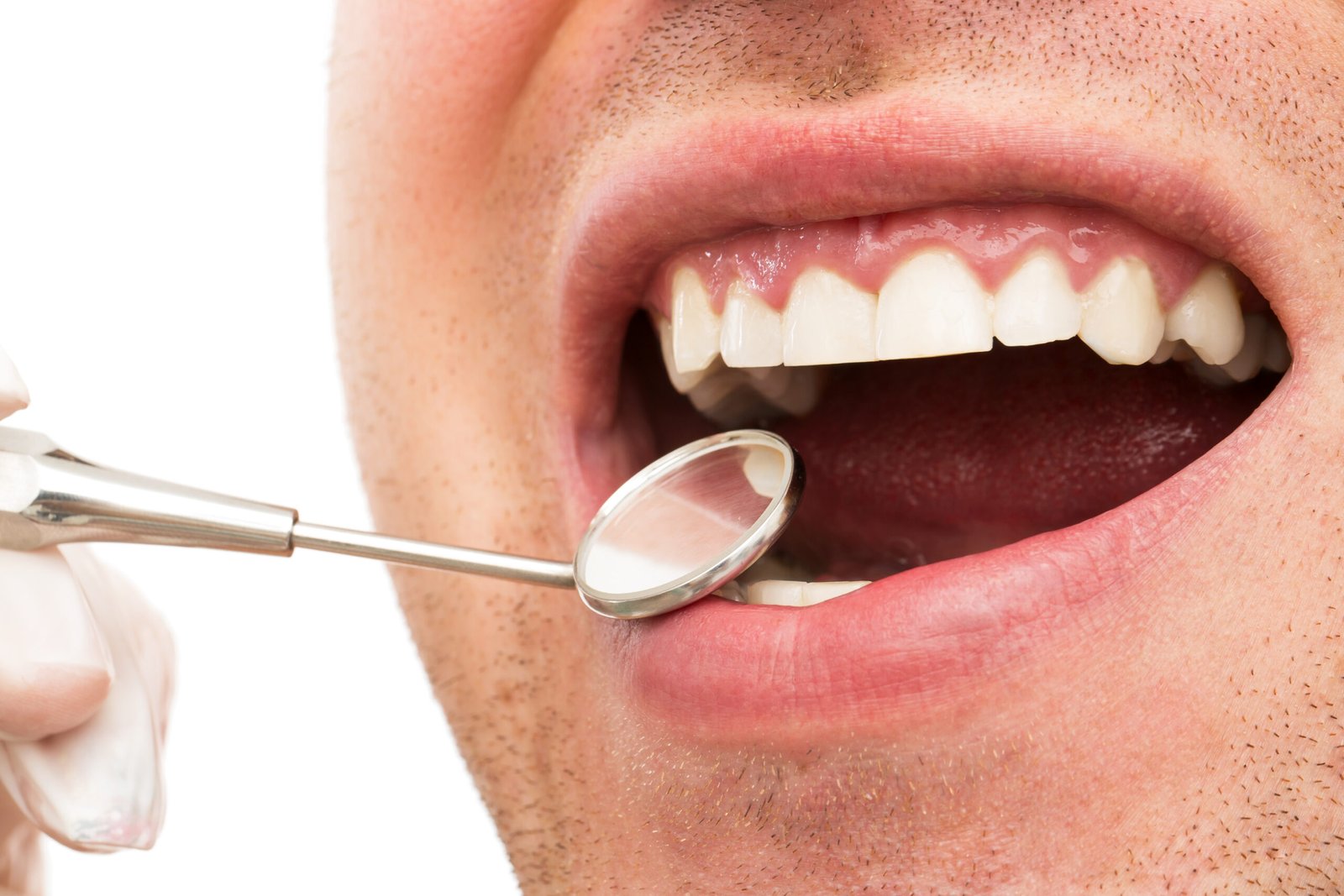
5.1 Gum Care Creams
There are various creams available to soothe gum inflammation and promote gum health.
5.2 Anti-Inflammatory Mouthwash
Contains natural and chemical ingredients that reduce gum inflammation and maintain gum cleanliness.
The Importance of a Comprehensive Daily Oral Care Routine
6.1 How to Incorporate Different Products into an Effective Daily Routine
A balanced routine should include brushing your teeth three times a day with the right toothbrush and toothpaste, along with using mouthwash and dental floss.
6.2 Long-Term Oral Health Tips
It’s recommended to visit the dentist at least twice a year for professional cleaning and checkups.
Oral Care Supplements: Extra Support for Healthy Teeth and Gums
7.1 Dietary Supplements for Oral Health
There are supplements containing essential vitamins and minerals for oral health, such as calcium and Vitamin D, which help strengthen teeth and support gum health.
7.2 Probiotics for Oral Health
Probiotics help maintain a healthy balance of good bacteria in the mouth, reducing gum issues and cavities. They can be found in dairy products and fermented foods.
7.3 Natural Oils for Oral Care
Natural oils, such as coconut oil, can be used as a natural mouthwash. These oils help reduce plaque buildup and improve gum health.
Modern Technologies in Dental Care
8.1 Smart Toothbrushes
Smart toothbrushes come equipped with sensors and mobile apps that monitor and improve brushing techniques, offering personalized advice for better oral care.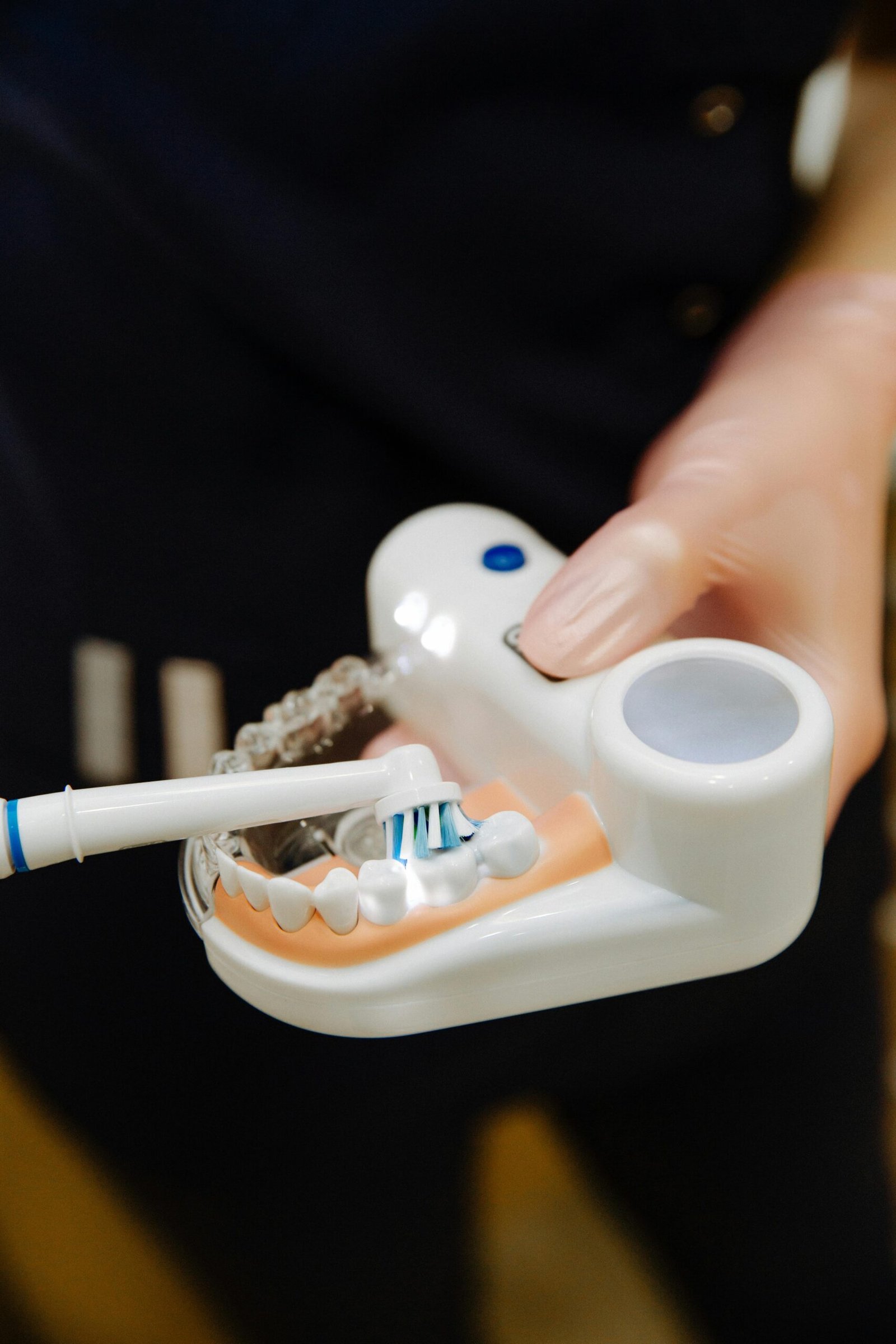
8.2 Ultrasonic Dental Cleaning Devices
These devices use ultrasonic waves to effectively remove plaque and tartar without the need for strong mechanical movements. They are a comfortable and efficient option for people with sensitive teeth.
8.3 Artificial Intelligence in Monitoring Oral Health
Some apps use AI to analyze images of the mouth and teeth, detecting issues like cavities and gum disease early on, allowing for timely treatment.
Dental Care Tips for Children: How to Instill Healthy Habits from an Early Age

9.1 Importance of Dental Care for Children
Oral care should start with a child’s first tooth. Teaching children about oral hygiene early on helps prevent long-term problems.
9.2 Suitable Dental Products for Children
Toothbrushes and toothpaste designed for children are ideal, as they are formulated for baby teeth and contain less fluoride.
9.3 How to Encourage Children to Brush Regularly
Interactive methods like educational videos or apps can motivate children to maintain good dental hygiene habits.
Senior Dental Care: Special Needs and Effective Methods
10.1 Challenges Faced by Seniors in Oral Care
Older adults may face health issues that affect their ability to brush effectively, such as arthritis or tooth loss.
10.2 Best Dental Products for Seniors
Large-handled toothbrushes: Make it easier for people with limited mobility to grip.
Alcohol-free mouthwash: Gentler on sensitive gums, which seniors may experience.
10.3 How to Improve Oral Health for Seniors
Seniors should visit their dentist regularly for tailored advice on handling age-related oral health issues.
The Environmental Impact of Dental Products: Choosing Sustainable Options
11.1 The Plastic Waste Problem
Most traditional toothbrushes are made of plastic, which can take hundreds of years to decompose. This poses an environmental challenge.
11.2 Eco-Friendly Alternatives for Dental Products
Biodegradable Toothbrushes: Made from natural materials like bamboo, these are a more sustainable choice.
11.3 The Importance of Choosing Green Products
Choosing sustainable products benefits the environment without compromising the quality of oral care.
The Role of Nutrition in Oral Health: What to Eat for Strong Teeth

12.1 Foods Rich in Calcium
Calcium is essential for strong teeth and bones, found in dairy products like milk and cheese, as well as nuts and leafy greens.
12.2 Other Important Vitamins and Minerals
Vitamin D: Improves calcium absorption and enhances the health of bones and teeth.
Vitamin C: Strengthens gums and prevents oral infections.
12.3 Foods to Avoid
Sugars and Sodas: Lead to cavities and enamel erosion.
Sticky Foods: Like candy that clings to teeth increases the risk of decay.
Dental Emergencies: What to Do in Case of Broken or Lost Teeth

13.1 Dealing with Broken Teeth
If a tooth breaks, try to preserve the broken part and seek medical attention immediately.
13.2 Tooth Loss from Accidents
If a tooth is knocked out completely, it’s recommended to place it under the tongue or in milk and see a dentist right away for possible re-implantation.
13.3 How to Prevent Dental Injuries
Wearing a mouthguard during contact sports can reduce the risk of dental injuries.
Maintaining Oral Health While Traveling: Tips for Dental Care on the Go
14.1 Travel-Friendly Dental Care Tools
Folding toothbrushes: Convenient for storage while traveling.
Travel-sized toothpaste: Fits easily in a carry-on bag or airplane travel.
14.2 Tips for Cleaning Teeth During Long Trips
Even during long trips, maintaining a regular cleaning routine with portable products, such as mouthwash, is essential.
14.3 Be Cautious with Tap Water in Certain Countries
In some destinations, tap water may not be suitable for rinsing your mouth. In such cases, bottled water is recommended.
Conclusion:
Dental care products play a major role in maintaining oral health. By choosing the right products and following a comprehensive daily routine, many oral problems like cavities and gum disease can be avoided. Additionally, it’s essential to consider sustainable products that support oral health without harming the environment. Oral care involves not only using the right products but also proper nutrition and regular dental visits.
